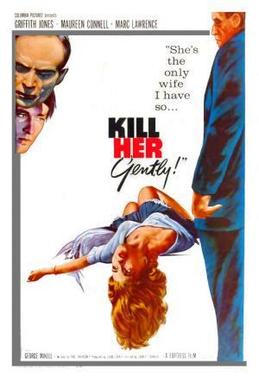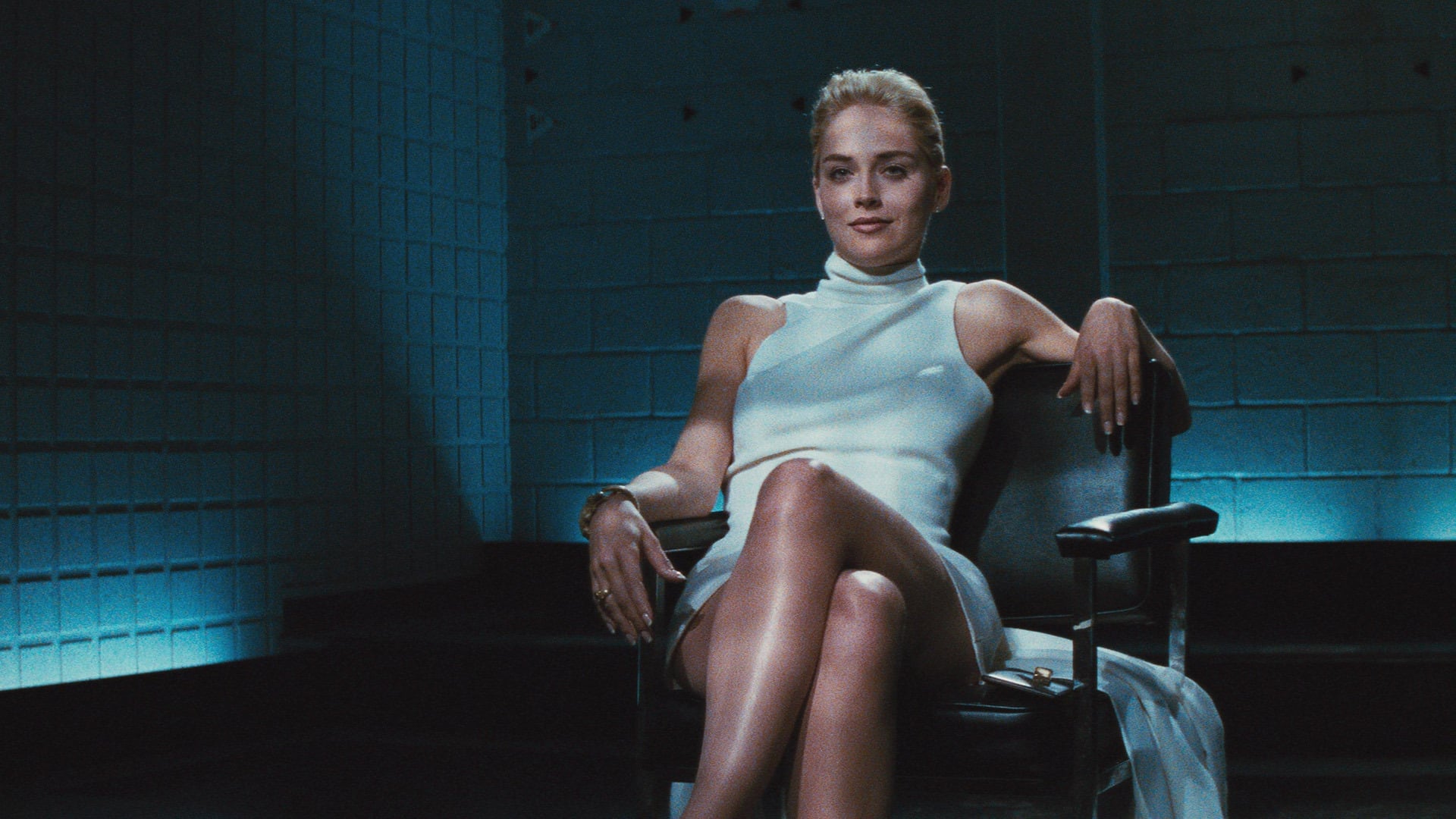 By Impawards.com, Fair use, https://en.wikipedia.org/w/index.php?curid=22712753
Agora
By Impawards.com, Fair use, https://en.wikipedia.org/w/index.php?curid=22712753
Agora - (2009)
For those of you who'd like to get into a time machine and go back to the Alexandria of the 4th Century,
Agora is visually
breathtaking and beautiful - that goes for costumes and make-up as well, everything in this movie feels detailed and authentic. The city writhes with life and an alien culture that is beset with 3 religions
very uncomfortable to be sharing the same physical space. Central to our journey is of course the famous library and the Mouseion - where Hypatia (Rachel Weisz) teaches her students at the Platonic school, which includes future ruler Orestes (Oscar Isaac). We follow the fortunes of Alexandria from 391 A.D. to 415 A.D. as the Christians, Jews and Pagans constantly battle for supremacy, and Hypatia tries to find an answer to whether the heliocentric model of the solar system makes sense.
This film has the weirdest kind of narrative shape - I swear, an hour in (the mid-point of the film) I thought it had ended, and that there was something wrong with the version I was watching. By that stage we'd kind of followed a story to it's conclusion, with the movie still continuing onwards as we skip forward in time. I think I felt this way because I'd read that this was all about the Christian siege of the Library of Alexandria and it's destruction - but instead it kind of settles on the life of Hypatia once that story has played out already. The ending (spoilers I guess)
WARNING: spoilers below
is gut-wrenching. Even though it doesn't portray Hypatia's death accurately. To quote Wikipedia "the mob stripped Hypatia naked and murdered her using ostraka, which can either be translated as "roof tiles", "oyster shells" or simply "shards". Damascius adds that they also cut out her eyeballs. They tore her body into pieces and dragged her limbs through the town to a place called Cinarion, where they set them on fire. The Christians of old were pretty brutal.
is gut-wrenching. Even though it doesn't portray Hypatia's death accurately. To quote Wikipedia "the mob stripped Hypatia naked and murdered her using ostraka, which can either be translated as "roof tiles", "oyster shells" or simply "shards". Damascius adds that they also cut out her eyeballs. They tore her body into pieces and dragged her limbs through the town to a place called Cinarion, where they set them on fire. The Christians of old were pretty brutal.
This film delighted me in it's visual portrayal of Alexandria, and was okay as long as you discount how disjointed and weirdly shaped it's narrative is. The first half is a lot stronger and focused than it's second. An interesting look at an early clash between religion and science, along with how outspoken religious differences often become heated and soon after, violent. Everything that doesn't conform to a fanatic's viewpoint ends up burning.
6/10


 Check out my podcast:
Check out my podcast: 





 I do really like Mitzi Gaynor, have you seen her musical Bloodhounds of Broadway?
I do really like Mitzi Gaynor, have you seen her musical Bloodhounds of Broadway?





